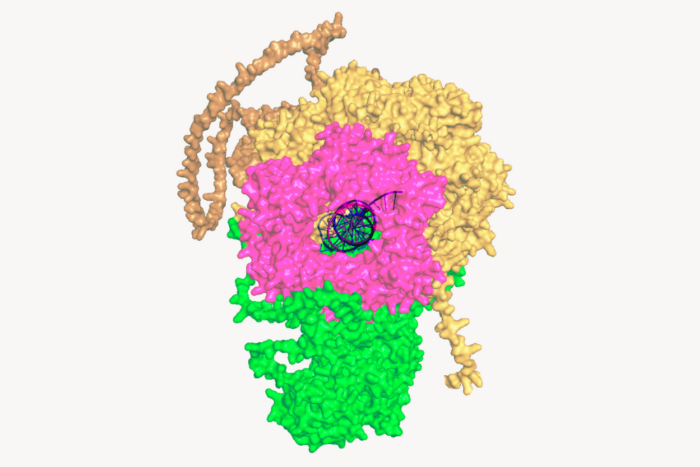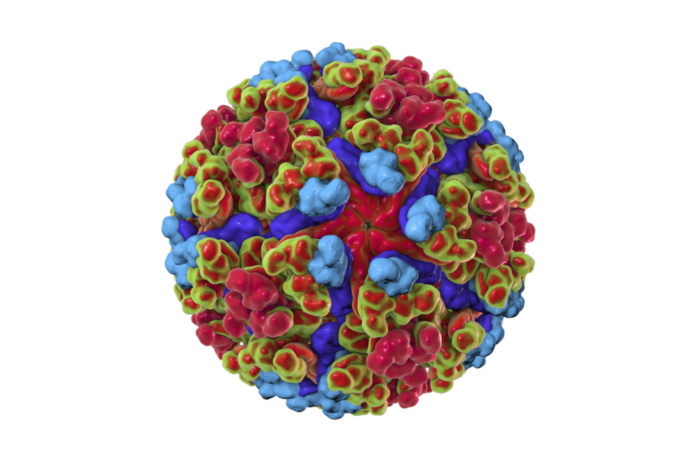Four Rockefeller scientists named 2016 HHMI Faculty Scholars

From top: Daniel Kronauer, Luciano Marraffini, Agata Smogorzewska, and Sohail Tavazoie
Four Rockefeller University scientists—Daniel Kronauer, Luciano Marraffini, Agata Smogorzewska, and Sohail Tavazoie—have been named Howard Hughes Medical Institute Faculty Scholars. The Faculty Scholars program, a new collaboration between HHMI, the Simons Foundation, and the Bill & Melinda Gates Foundation, was established to support early-career scientists who have great potential to make unique contributions to their fields. Each five-year grant ranges from $600,000 to $1.8 million.
The Faculty Scholars program was established by the three philanthropies in response to recent trends that have made it more difficult for early-career investigators to secure federal funding. The 84 scientists selected as the first cohort of HHMI Faculty Scholars represent 43 institutions across the United States.
Kronauer, who has been assistant professor and head of the Laboratory of Social Evolution and Behavior since 2011, studies evolution in insect societies at the level of the gene, individual, and colony. He is developing a genetic resources and behavioral tracking system for the clonal raider ant Cerapachys biroi that will allow him to investigate how divisions of labor arise and how an ant colony’s composition affects its social dynamics.
Marraffini is associate professor and head of the Laboratory of Bacteriology, which focuses on the biological principles behind CRISPR-based immunity in bacteria and other microbes. Marraffini, who joined Rockefeller as assistant professor in 2010, studies how bits of genetic material from viruses are presented to the CRISPR immune system and how this information is used to target and destroy the viral invaders. He has been named an HHMI-Simons Faculty Scholar.
In the Laboratory of Genome Maintenance, Smogorzewska examines how DNA is maintained during DNA replication. Using human genetic diseases as a backdrop, she investigates the mechanism by which lack of proper DNA repair predisposes patients to cancers and bone marrow, kidney, and liver failure. Smogorzewska, who is associate professor, has been a member of Rockefeller’s faculty since 2009.
Tavazoie, who is Lean Hess Associate Professor, studies the roles of small noncoding RNAs and proteins that alter the biology of distant organs and facilitate their colonization by metastatic cancer cells. His work has led to the development of anti-metastatic small molecules that are advancing to clinical trials and has provided basic insights into mechanisms of gene regulation. Tavazoie has been head of the Elizabeth and Vincent Meyer Laboratory of Systems Cancer Biology since 2009, when he joined Rockefeller as assistant professor.
To be chosen as an HHMI Faculty Scholar, early-career investigators must have between 4 and 10 years of experience as faculty members and must have shown potential for significant research productivity and originality, as judged by their doctoral and postdoctoral work, results from their independent research program, and their future research plans.


